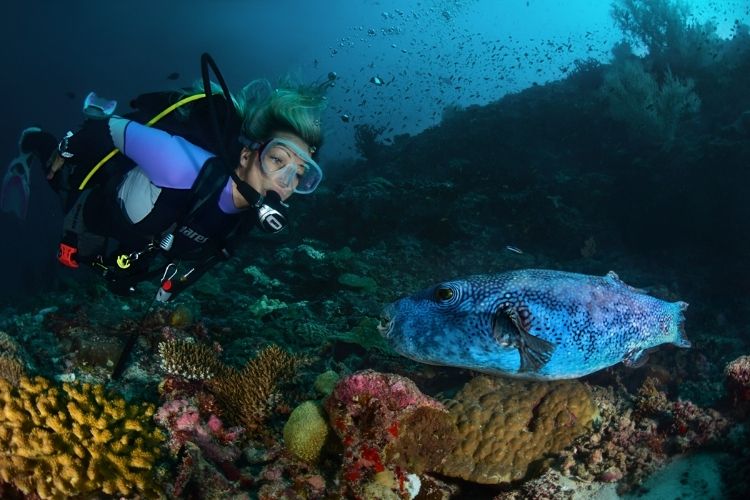Reethi Faru Resort has kicked off its 2nd eco-initiative “Reethi Faru Blue Project”. The project gives guests a chance to adopt a coral.
According to the resort, with this eco-initiative, Reethi Faru Resort encourages its guests to adopt a coral. The resort hopes to raise awareness on the importance of coral reefs, it’s conservation and restoration. Furthermore, the adopted coral remains directly planted back on to the house reef. Meanwhile, the adopters get its GPS location along with a certification of adoption.
Our second eco initiative, the Reethi Faru Blue Project, has taken off! With this initiative, we encourage our guests to adopt a coral and hope to raise awareness on the importance of coral reefs, it’s conservation and restoration.
An Instagram post by marinebiologistrfr read.
Recently, Reethi Faru added a ‘coral tree’ nursery as a part of the resort’s conservation promise and reef restoration efforts. Likewise, in its quest for becoming a sustainable island, the boutique resort also produces organic food with sustainable farming concepts adopted within the resort.
The resort also began mushroom cultivation and farming and within 25 days they were able to harvest the first batch. Previously the resort announced that it is working with three types of mushrooms. And also the resort’s team is experimenting to see which types of mushrooms grow best in Maldivian weather conditions.
Also read: Reethi Faru Resort’s Mobile App – Every Service with a Click!
Reethi Faru Resort is well known for its Eco and Sustainability efforts to invest more time in taking care of the planet. Located on the island of Filaidhoo in Raa Atoll, the resort is a private boutique resort with an enviable pedigree for conserving the natural beauty of the islands and sustaining the ecosystems upon which the fragile coral reef relies.







